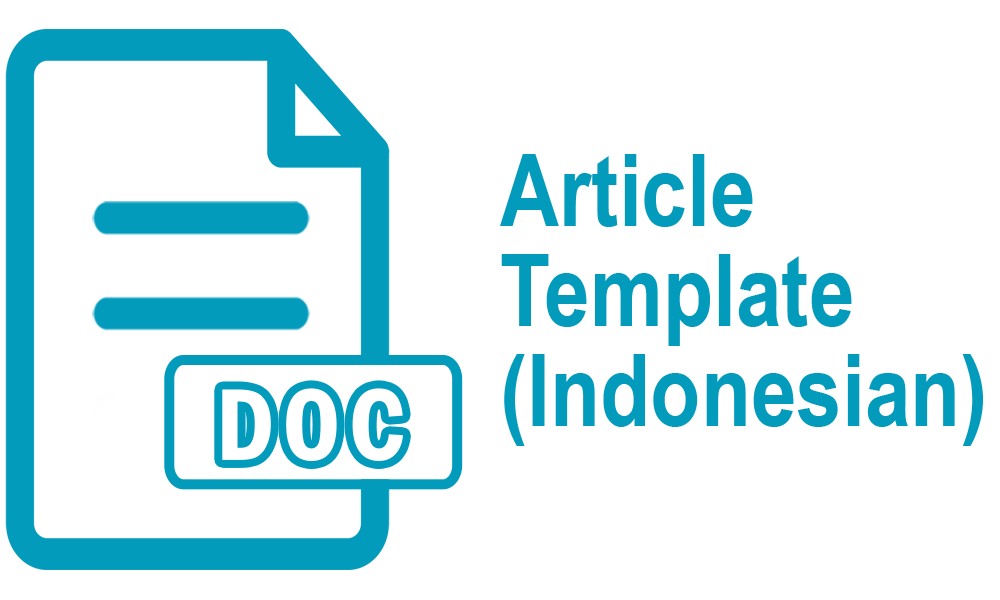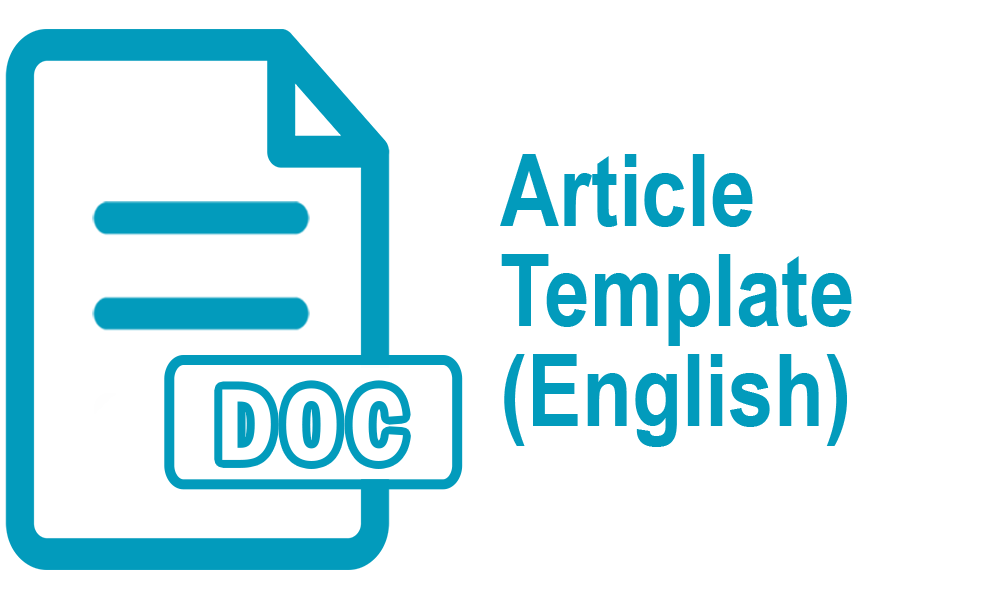MASCULINITY IN JESMINDER BHAMRA AS THE MAIN CHARACTER OF BEND IT LIKE BECKHAM FILM
Abstract
This study aimed to reveal the masculinity traits in Jesminder Bhamra of Bend It Like Beckham film based on Bem’s theory and to find out the characteristics of Jesminder Bhamra as portrayed in the film by using Reaske’s theory of characterization. This study used qualitative design with content analysis approach. The source of data in this study was Bend It Like Beckham film script, while the data consisted of dialogues, utterances, and scenes related to Jesminder Bhamra’s masculinity traits. From the total twenty indicators of masculinity traits, Jesminder Bhamra showed to have eight kinds of masculinity traits such as aggresive, ambitious, analytical, athletic, competitive, defends own belief, has leadership ability, and masculine. Jesminder Bhamra character was characterized through the five tools of characterization from the six tools in Reaske’s theory; they are appearance, aside and soliloquy, dialogues, hidden narration, and actions.
Keywords
Full Text:
PDFReferences
Abumere, Flourish I. “Understanding Men and Masculinity in Modern Society.” Open Journal of Social Science Research, vol. 1, no. 1, 2013, pp. 42-45.
Barsukova, Oksana V. “Psychological Characterisic of Ambitious Person.” (JPMNT) Journal of Process Management – New Technologies, International, vol. 4, no. 2, 2016, pp. 79-80.
Bem, Sandra L. “The Measurement of Psychological Androgyny.” Journal of Consulting and Clinic Psychology, vol. 42, no. 2, 1974, pp. 155-162.
Bend It Like Beckham. Directed by Gurinder Chadha. Performance by Parminder Nagra, Redbus Film Distribution, Highlight Film, and Fox Searchlight Pictures, 2003.
Bishop, S. Develop Your Assertiveness (Creating Success). Kogan Page, 2006.
Chadha, Gurinder, Guljit Bindra, and Paul Mayeda Berges. “Bend It Like Beckham.” Scripts.com. 2002, www.scripts.com/
Kaiser, et al. “The How and The What of Leadership.” Consulting Psychology Journal: Practice and Research, 2012. Accessed 18 Apr. 2019.
Klyueva, Olga A. “Competitiveness of Personality as a Psychologial Phenomenon: The Content of the Construct and Its Typology.” Psychology in Russia: State of the Art, vol. 9, no. 2, 2016, pp. 151-166.
Lestari, Silvya W., Surya Sili, and Setya Ariani. “Masculinity in the Character of Margo Roth Spiegelman in Paper Town Novel.” Jurnal Ilmu Budaya, vol. 2, no. 1, 2018, pp. 95-104.
Lodico, Marguerite G., Spaulding Dean T., and Voegtle Khatrine H. Methods in Educational Research: From Theory to Practice. Jossey-Bass Publisher, 2010.
Naveira, Alejo G., and Ruiz Robert. “The Personality of the Athlete: A Theoretical Review from the Perspective of Traits.” Rev. Int. Med. Cienc. Act. Fís. Deporte, vol. 13, no. 51, 2013, pp. 627-645.
Notar, Charles E., Uline Carol S., and Eady Charlotte K. “What Makes an Effective Leader: The Application of Leadership.” International Education Studies, vol. 1, no. 3, 2008, pp. 25-29.
Reaske, Christopher Russel. How to Analyze Drama. Monarch Press, 1966.
Reeser, Todd W. Masculinities in Theory: An Introduction. Wiley-Blackwell 1, 2010.
Suriandjo, Nadya Priscilla. Masculinity in Brave film. Mulawarman University, 2018.
Taleb, Hanam M., and Chadwick Clifton. “Enhancing Student Critical and Analytical Thinking Skills at a Higher Education Level in Developing Countries: Case Study of the British University in Dubai.” Journal of Educational and Instructional Studies in the World, vol. 6, no. 1, 2016, pp. 67-77.
Tischler, Henry L. Introduction to Sociology, 9th ed. Thomson Wadsworth, 2007.
Warburton, Wayne A., and Anderson Craig A. “Aggression of Social Psychology.” International Encyclopedia of the Social & Behavioral Sciences, vol. 1, pp. 373-380.
DOI: http://dx.doi.org/10.30872/jbssb.v5i2.3454
Refbacks
- There are currently no refbacks.
Copyright (c) 2021 Fitriani, Satyawati Surya, Anjar Dwi Astuti
Editorial address:
Fakultas Ilmu Budaya, Universitas Mulawarman
Jl. Ki Hajar Dewantara, Gunung Kelua, Kec. Samarinda Ulu, Kota Samarinda, Kalimantan Timur, Indonesia 75123
Email: jurnalilmubudaya.fibunmul@gmail.com
Website: http://e-journals.unmul.ac.id/index.php/JBSSB
Ilmu Budaya: Jurnal Bahasa, Sastra, Seni, dan Budaya is licensed under a Creative Commons Attribution-ShareAlike 4.0 International License






